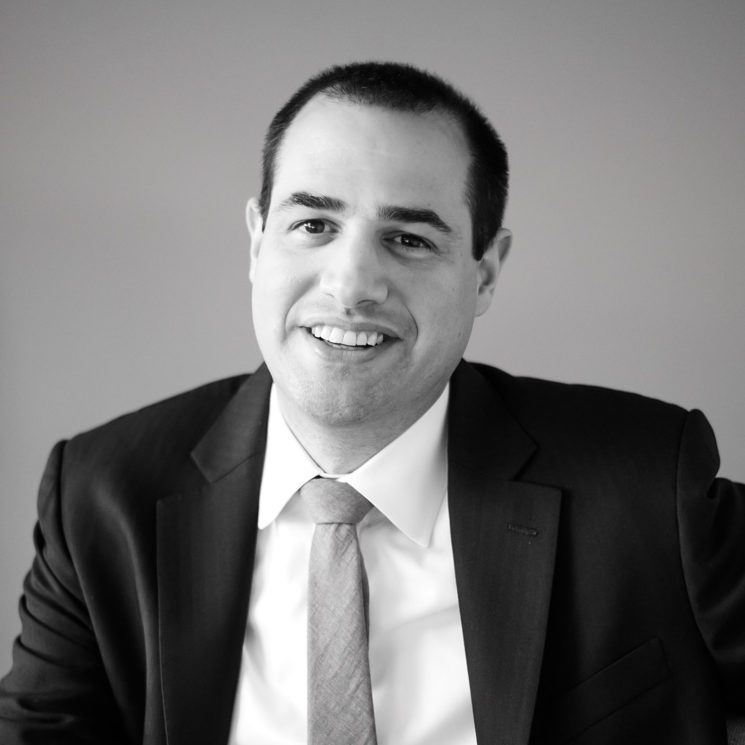Bankruptcy Court Finds Committee Member To Have Breached Her Fiduciary Duty To Unsecured Creditors
On November 15, 2019, the U.S. Bankruptcy Court for the Central District of California (the “Court”) issued an opinion in the case of Naylor v. Farrell (In re Farrell), Ch. 7 Case No. 14-11729-MW, Adv. No. 16-01123 (Bankr. C.D. Ca. Nov. 15, 2019), finding, among other things, that Betty Farrell (“Betty”), a member of the Official Committee of Unsecured Creditors (the “Committee”) in the bankruptcy case of her ex-husband, Richard Farrell (“Richard”), breached her fiduciary duty to general unsecured creditors by failing to disclose the true extent of her claim during questioning by the chapter 11 trustee, Karen Sue Naylor (the “Trustee”).
As of the petition date, although the marriage between Betty and Richard had dissolved, the California family law court with jurisdiction over the marital dissolution proceeding neither had divided the community property nor made a determination of whether retroactive or permanent spousal support would be awarded to Betty. Following Richard’s chapter 11 filing, Betty applied to the Office of the U.S. Trustee (the “UST”) for a position on the Committee. On the UST’s questionnaire form, Betty estimated her claim at $6 million. She later filed a proof of claim asserting unsecured claims, including a first-priority domestic support obligation in an “unliquidated, pending” amount.
After taking office, the Trustee became concerned about the magnitude of Betty’s claim and its potential first-priority status, emphasizing that she did not want to administer a case where only one priority creditor gets paid and none of the other unsecured creditors receives any money. In connection therewith, the Trustee, Betty and their respective attorneys participated in a teleconference and several meetings, during which, among other things, the Trustee never was given a straight answer as to the scope, extent or priority of Betty’s claims and was told by Betty’s professionals that “it would all work out.” Ultimately, after continuing to dodge the Trustee’s questions about her claim, Betty filed a response to interim fee applications in which she asserted, among other things, that estate professionals were not entitled to payment from community property and that because her pre-petition support claim has the highest priority it likely would consume all remaining estate property.
The Committee ultimately filed a complaint against Betty, with the Trustee being substituted as plaintiff after the case was converted to one under chapter 7, asserting causes of action for equitable subordination of Betty’s claim, breach of fiduciary by Betty with respect to her membership on the Committee and declaratory judgments with respect to the community property, one of which sought authority under section 726(c)(1) of the Bankruptcy Code to pay administrative expense claims from the community property sub-estate. A trial on the adversary proceeding was conducted on October 22, 2019.
The Court began its analysis by recognizing that “a member of a creditors’ committee has a fiduciary duty to all the creditors they represent,” which includes not just the duties of care and loyalty, but a duty of disclosure. Although the court acknowledged that Betty was entitled to seek the full amount of any claim she had against Richard’s estate, she “did not have the right to actively conceal her intentions with respect to such claim by dodging [the Trustee’s] repeated inquiries on the subject.” Indeed, the Court found that Betty “seriously breached her fiduciary duties” when she “conceal[ed] her true intentions” and failed to disclose that “she was planning to lure the estate’s professionals into possibly working for free.” Accordingly, as a result of Betty’s actions, general unsecured creditors were deprived of the opportunity to negotiate distributions through a carve out agreement.
With respect to the other aspects of the adversary proceeding, the Court equitably subordinated Betty’s claims to those of all estate professionals and requested further briefing as to whether non-administrative priority creditors (other than Betty) and general unsecured creditors were entitled to damages. Further, the Court directed the Trustee to apply allowed administrative expenses against community property in the estate, and, to the extent those amounts were consumed, apply additional expenses against Richard’s separate property.
In light of the Court’s conclusions, members of official committees of unsecured creditors in bankruptcy cases should be reminded that they owe fiduciary duties to all of their constituents and that failure to satisfy such duties might lead to those members holding a compromised position in such cases.
As the law continues to evolve on these matters, please note that this article is current as of date and time of publication and may not reflect subsequent developments. The content and interpretation of the issues addressed herein is subject to change. Cole Schotz P.C. disclaims any and all liability with respect to actions taken or not taken based on any or all of the contents of this publication to the fullest extent permitted by law. This is for general informational purposes and does not constitute legal advice or create an attorney-client relationship. Do not act or refrain from acting upon the information contained in this publication without obtaining legal, financial and tax advice. For further information, please do not hesitate to reach out to your firm contact or to any of the attorneys listed in this publication.
Join Our Mailing List
Stay up to date with the latest insights, events, and more




